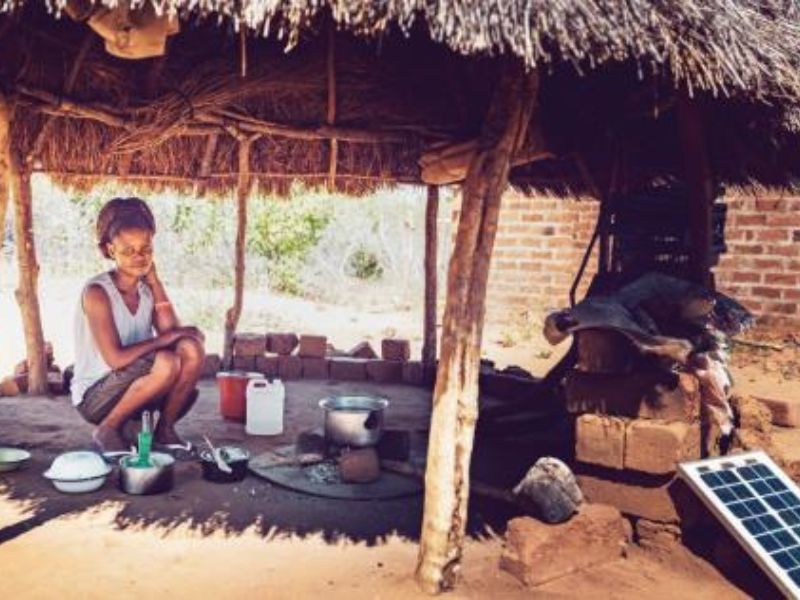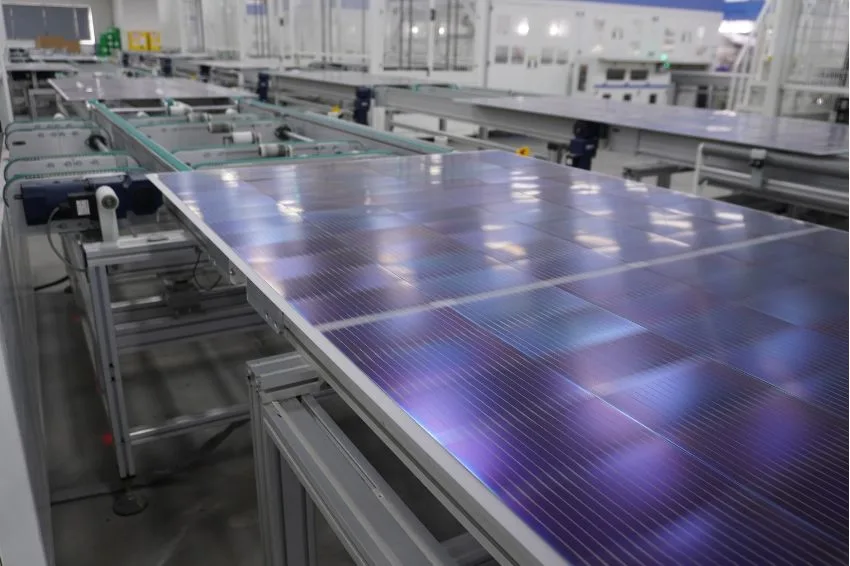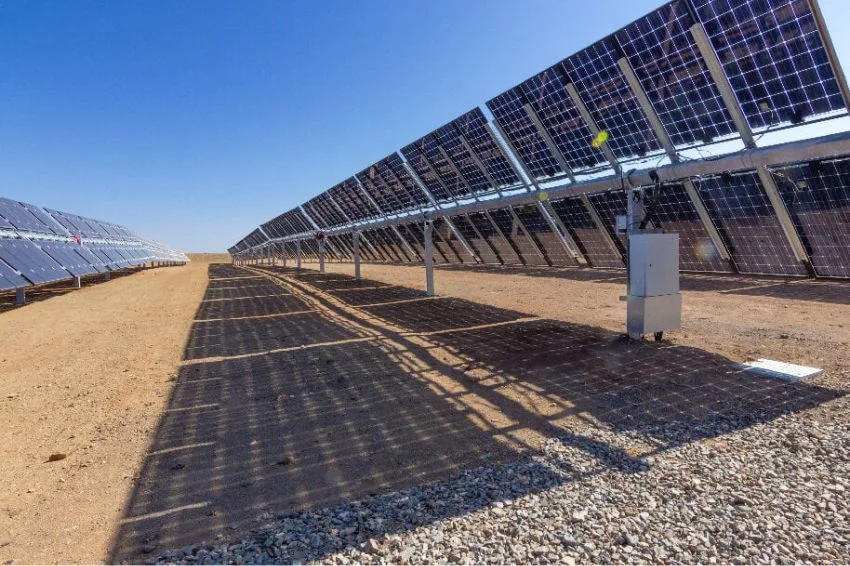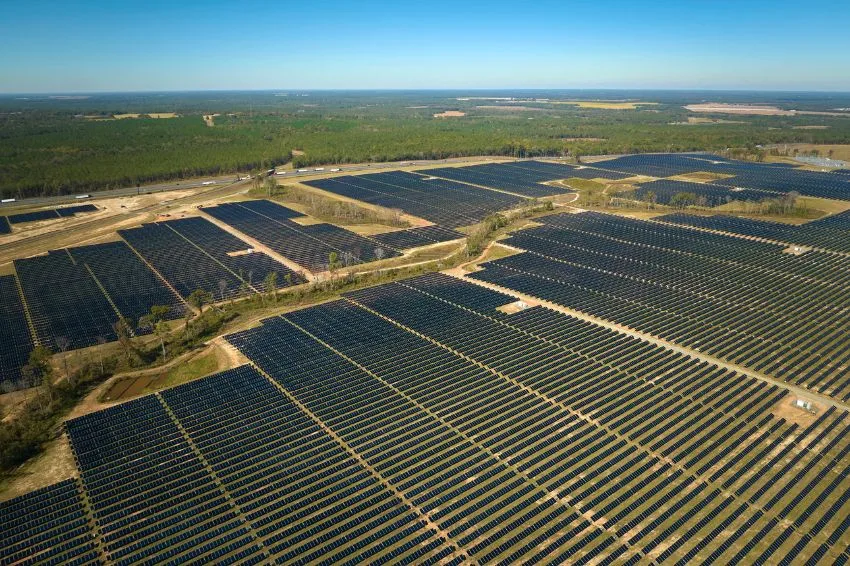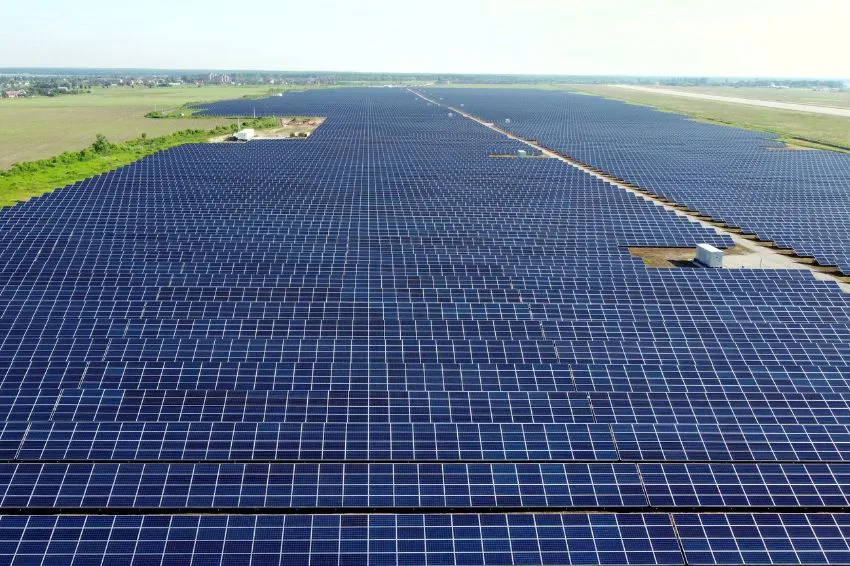A new report published by IRENA (International Agency for Renewable Energy) pointed out that more than 733 million people around the world still remain without access to electricity nowadays.
This is an amount that represents approximately 9% of the total of approximately 8 billion inhabitants that the planet has at the moment.
In IRENA’s understanding, the lack of access to the electrical grid by these people could be less isolated communities where most of them live receive the installation of solar energy systems.
“Off-grid and decentralized energy systems have emerged as an alternative to facilitate energy access and resilience in a flexible and adaptive way, especially in sub-Saharan Africa and South Asia, which face some of the world's largest energy gaps. access to energy”, analyzes the study.
The Agency also highlights that in these regions the communities without access to electricity often use polluting and expensive lighting sources, such as kerosene lamps or candles, the smoke of which can cause serious health problems, while lack of electricity in health centers can result in disastrous outcomes for patients
“With the support, however, of policymakers, private investors and end users, the number of people using off-grid solar lights has increased dramatically from 15.4 million in 2012 to 112 million in 2021. In Africa alone, the The number of people benefiting from off-grid solar lights reached 52.6 million in 2021,” according to the report.
Biogas
The IRENA survey also reports that, over the years, social and political interventions to improve access to energy in these communities have focused only on electricity, also forgetting the non-electrical domestic energy needs of these communities, especially for cooking. .
According to the Agency, the use of inefficient stoves is now one of the main contributors to indoor pollution and has harmful impacts on the health of thousands of women and children.
“Although a large number of people still depend on firewood and charcoal for cooking, the use of biogas as a clean cooking solution has been expanding in African and Asian countries, improving living conditions and helping to reduce the effects of climate change. From 2021, more than 122 million people will benefit from biogas for cooking.”
Report
The new IRENA report (click here to access) tallied statistics for the period between the years 2012 and 2021 related to mini-grids, biogas for cooking and lighting, off-grid solar lights, pumps and solar home systems across Africa, Asia, Central and South America, Oceania, the Middle East and the Caribbean.
“It is an essential tool for monitoring and measuring the role of off-grid renewables in achieving the energy transition and universal energy access by 2030,” said Dennis Akande, associate program officer for statistics at IRENA.


